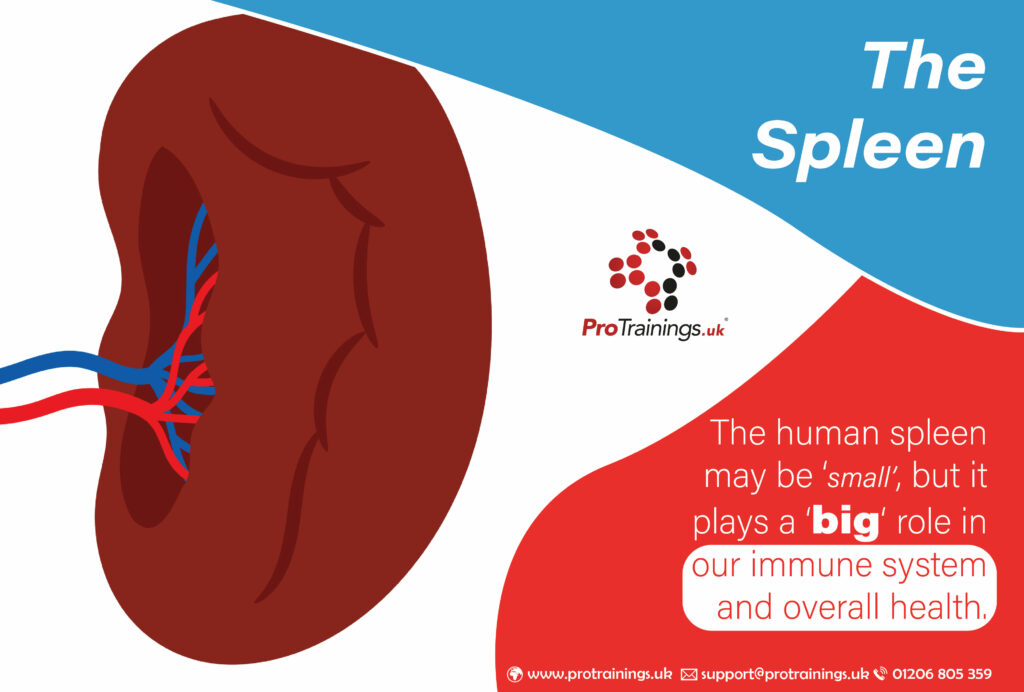The human body is an intricate and complex system, with countless organs and tissues working together to keep us alive and healthy. One of the lesser-known organs, the spleen, plays a vital role in our immune system and overall health.
Located in the upper left quadrant of the abdomen, the spleen is a small, oval-shaped organ that is roughly the size of a fist. It is made up of two types of tissue: red pulp and white pulp. The red pulp is responsible for filtering out old and damaged red blood cells from the body, while the white pulp contains immune cells that help to fight off infections and other foreign invaders.

But what happens when something goes wrong with the spleen? Some people may be born without a spleen or have it removed due to injury or disease. While it is possible to live without a spleen, it can put a person at a higher risk for infections and diseases. Without a spleen, the body is less able to fight off harmful bacteria and viruses, making it easier for infections to take hold.
In some cases, the spleen itself may become diseased. One common condition is an enlarged spleen, which can be caused by a number of factors such as infections, liver disease, or blood disorders. An enlarged spleen can cause a range of symptoms, including pain, fatigue, and a feeling of fullness in the abdomen.
Despite its importance, the spleen is often overlooked when it comes to our overall health. However, by taking care of our bodies through healthy lifestyle choices, such as eating a balanced diet and getting regular exercise, we can help to keep our spleens—and the rest of our organs—functioning at their best.
In conclusion, the human spleen may be small, but it plays a big role in our immune system and overall health. By understanding the importance of this often-overlooked organ and taking steps to keep it healthy, we can help to support our body’s natural defences and enjoy a long and healthy life.
